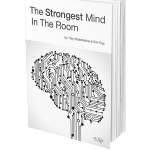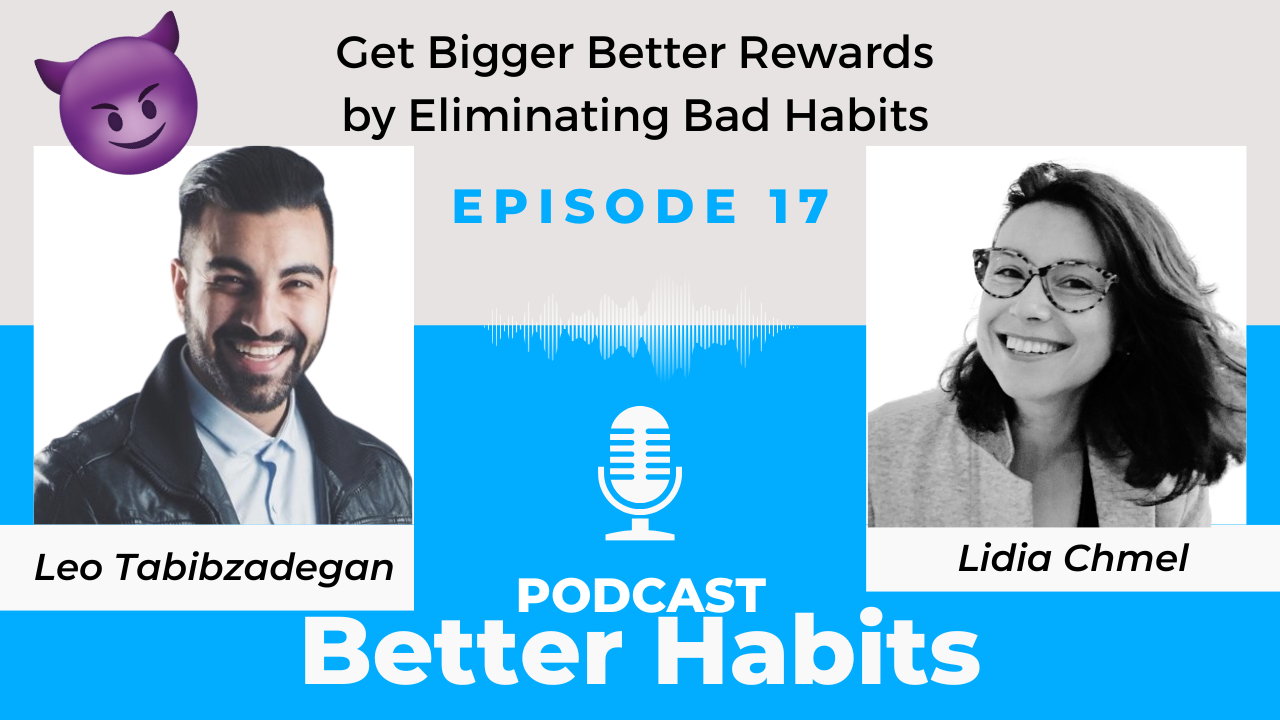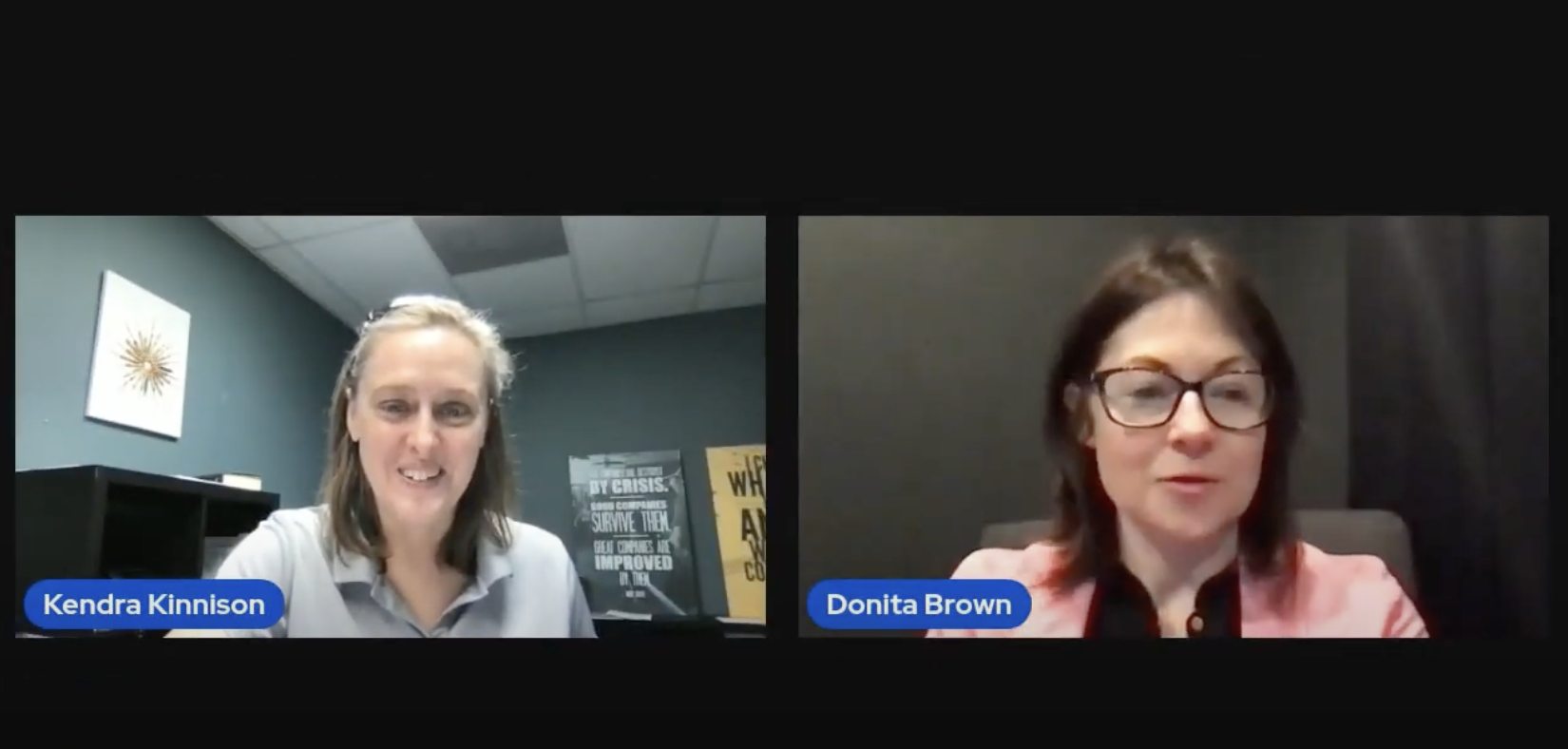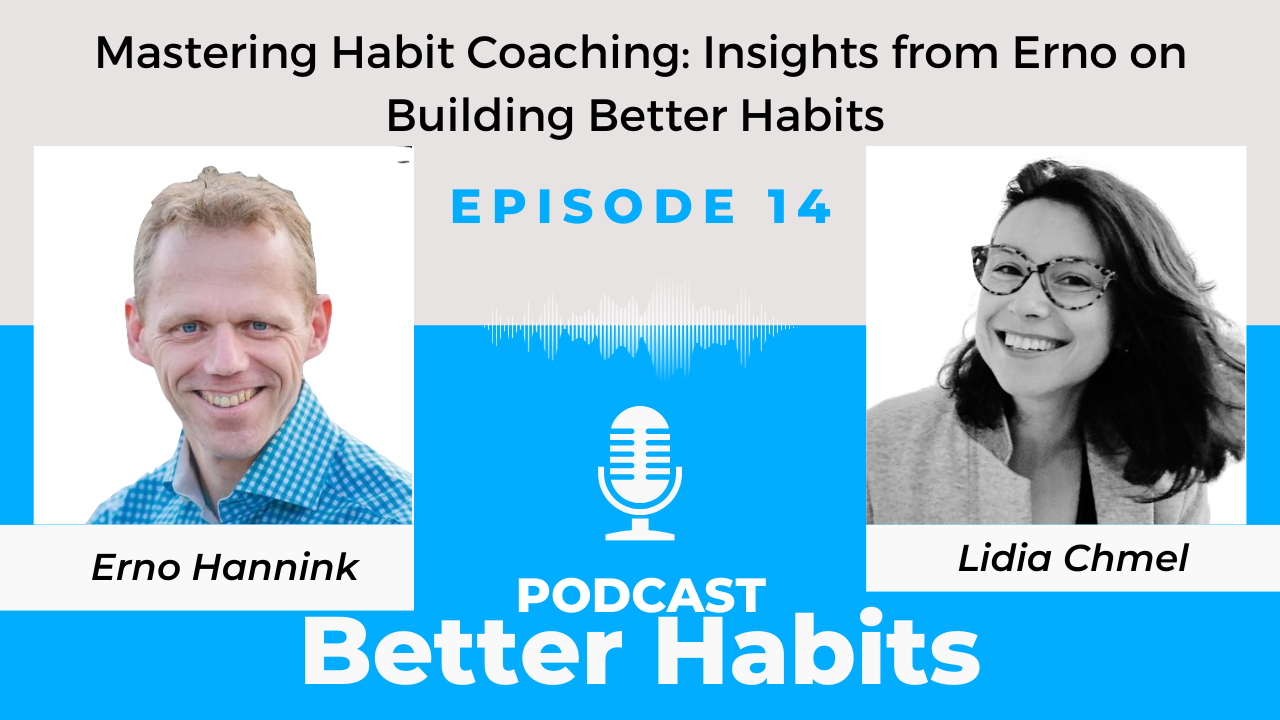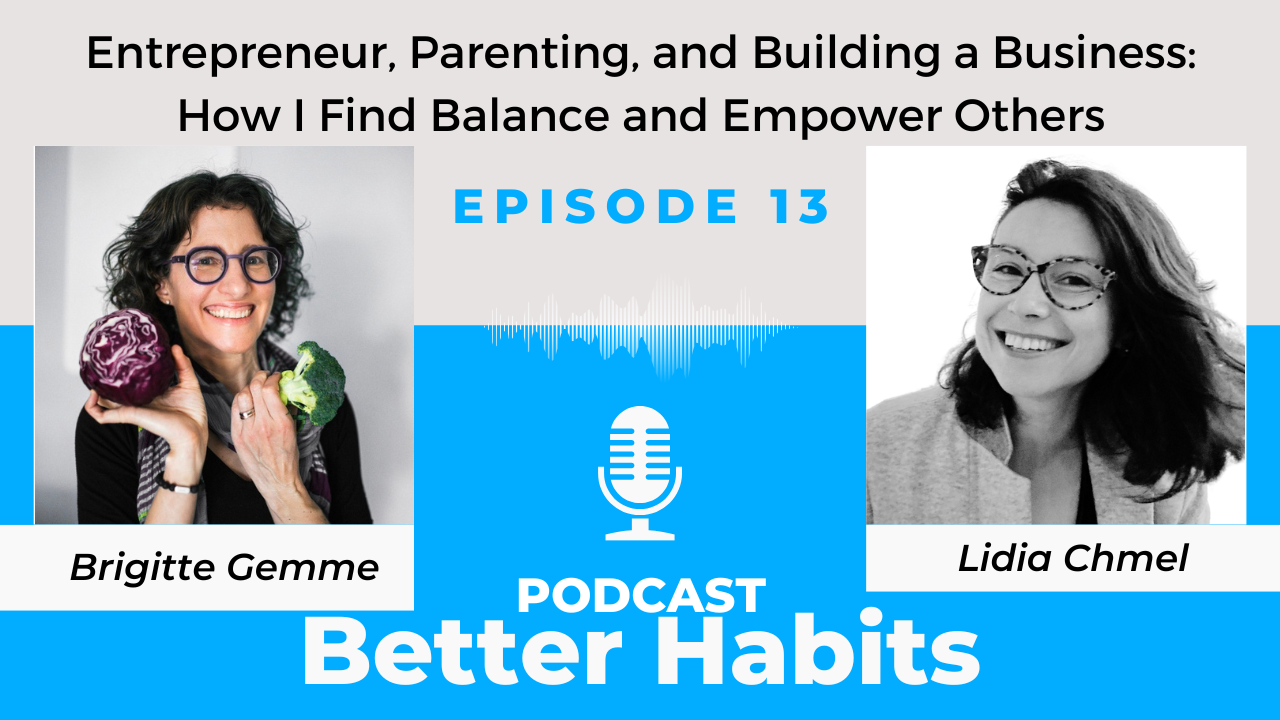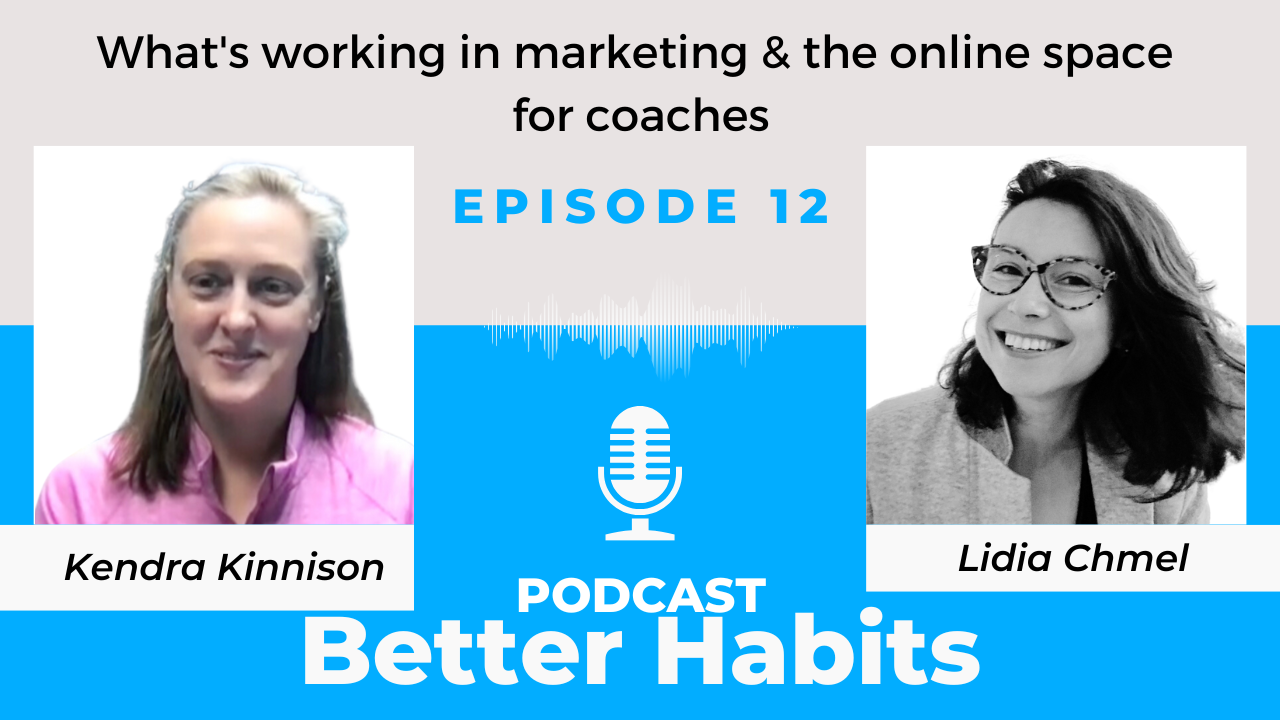Sign up to receive free chapters and interviews included in Coach.me’s book: The Strongest Mind in the Room
“When I can do this, when I can sit back behind my thoughts and emotions and just observe, I’m so much smarter at work.”
Liza Kindred founded Third Wave Fashion as a way of bringing her technology chops back to the world of fashion. She was previously Managing Partner of a successful open source software company, Lullabot, where she worked with clients like Martha Stewart and MTV UK.
Liza says she is obsessed with technology and how it shapes commerce—including the world of fashion. She’s literally writing the book about that: The Third Wave of Commerce: How We Buy Now, which will be published by O’Reilly Media in 2015. Read on to learn how this busy entreprenuer and writer established her meditation habit and how she benefits from the practice.
Why did you start meditating? What was your goal?
A few years back, I felt like my life was full of chaos, and I went on a focused journey to try to find some peace. The biggest problem for me was (and probably still is) that I am very focused on what’s “next”, and I’m not as good as I’d like at being in the now. That feeling, of “Fine, what now?” has led to some great success in my life; I literally make my living by predicting the future and helping people prepare for it. But, this focus on the future has also prevented me from being present, and benefitting from the peace that being present in the moment can bring. Finding a balance between being excited and preparing for the future while living in the moment has been one of the great challenges of my life.
I’m a goal-oriented person, so I set myself this goal: learn how to be happy with what I have. Through hard work, luck, and trial and error, I’ve learned how to get what I think I want–but I had no skills for being happy (or, even more importantly, content) once I got those things (or achieved those goals, or had those experiences.) My journey for trying to learn how to do this involved some things that worked well and stuck (meditation, learning to sail, a gratitude journal, values flash cards) and some things that didn’t (therapy, yoga classes.) I kept what worked and let the other stuff go. I’m not to where I’d like to be yet, but that’s probably the part of me that always wants to be better talking. So let’s say that I’m better at being happy with what I have then I used to be.
What is your meditation routine?
I wish I could say that I have more of one. I tend do meditate the most when I need it the most…. and I think I would stop needing it so much if I did it more. I love reading books about meditation or studying my homemade values flash cards before I meditate, to get my mind in the mood. I guess you could say it needs a little seducing before I can get my butt in the cushion. Depending on how “in” to meditation I am, I meditate for anywhere from 12-20 minutes at a sit… and I try really hard to not beat myself up for not doing longer sessions.
I learned to meditate through classes at the Shambhala Center here in NYC, which is a wonderful place. The first class I took was called “Meditation in Everyday Life”, which drew me in because I live a normal life every day. I don’t think I’ll become a monk or ever run off to India to follow the traditional / old-fashioned path, but I know that I can benefit from meditation–and that those I work with and love can benefit from me meditating as well.
Can you tell me a story about how meditation improved your performance, productivity, creativity, or leadership?
The number one way that meditation has affected my work is that I have developed a mantra of “No fear-based business decisions.” (There are some people who are probably sick of hearing me say that.) For me, that’s really just a way of making sure that business is done from a place of peace, and not from a place of fear.
Do you think meditation gives you a competitive edge? Why?
Meditation has helped me create a “happy place”. Here’s what I mean by that: sometimes I get so far off base, so worked up and anxious and stressed, that I can’t even imagine how I could possibly come down from that nasty cocktail of emotions. But if I can get myself to remember the feeling that I get when I meditate–that feeling of nothingness, of quiet, of thoughts unattached from me–then I can almost shortcut myself into that place. Once I remember the feeling of meditation, I can be in that feeling, if only for the briefest moment. And that calms me down.
When I can do this, when I can sit back behind my thoughts and emotions and just observe, I’m so much smarter at work. I make decisions based on my brain and my gut, and not on reactions or fears. Mindfulness also helps me to be happy for other people–really happy! It helps me to plan my days in a thoughtful way, which means that I end up working on what’s important to me, and not on what’s stressing me out the most (or worse, working on things to avoid what’s stressing me out.) I began meditating to improve my soul’s sense of well-being, and it’s been a lovely side effect that it’s had positive impact on my work life as well.

